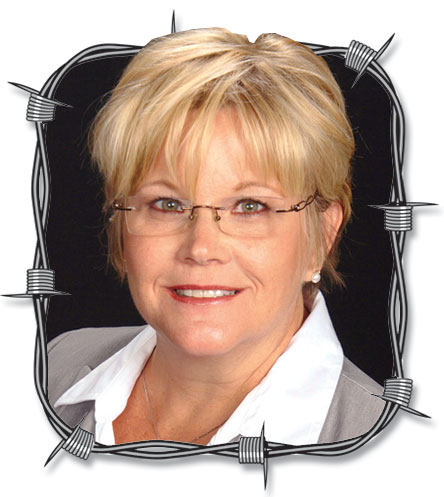 In the last few years there has been a lot of discussion and articles about women farmers being on the increase.
In the last few years there has been a lot of discussion and articles about women farmers being on the increase.
Every time I read one of these articles, I laugh to myself and think “women have been there the whole time” Why haven’t all of the people talking about this “new trend” ever noticed the active role that farm wives have always played?
I’ve been an agricultural lender for 25-plus years, and in almost every farm meeting I have ever had, both husband and wife were present. Wives have been operating the farm right alongside their husband for hundreds of years. Maybe their roles are different than their husbands, but that doesn’t make them any less of a farmer.
Some may have the role of bookkeeper, crew caterer, herdswoman, nursery operator, parts delivery, hay baler, grain truck driver, marketer, lawns keeper, counselor, nurse, or a multitude of other jobs, but you can bet that their names can usually be found on the farm’s debts alongside their husband’s. So why don’t people see them as farmers?
There are some wives who have taken off-farm jobs, but that isn’t usually by choice. When women take off-farm jobs, it is most likely to get affordable insurance for their family. Those wives can usually be found working on the farm in the evenings and weekends.
Yes, there are some women who own their own farms, whether through the death of a spouse, inheritance, or just a desire to grow vegetables for their community. Statistics show that most women owned farms have annual sales of less than $10,000. According to the 2012 Census, 30 percent of U.S. farmers are women, but they only control 7 percent of U.S. farmland.
The term “women farmers” is generally only given to the women who are the principal operators. But folks, can you name a woman that hasn’t let her husband think he is in charge? The next time you are on a farm, see if you can spot the invisible women operators. They can usually be found working hard right alongside the “principal operator” and stressed about the lack of rain, abundance of rain, low commodity prices, or the late payment on the tractor just like their male counterparts.
Kathy Daily is the Senior Vice President of First Financial Bank’s Farm and Ranch Division. She has been an agricultural lender for more than 25 years.




